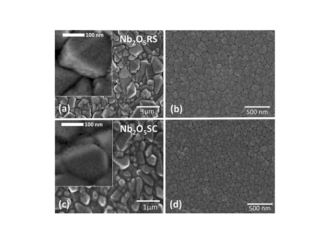
Effect of Water Deficit on Growth and Photoassimilate Partitioning in Leersia hexandra and Luziola peruviana
Abstract: Minimum tillage in rice production is increasing in southern Brazil, reaching 60% of the total planted area. Compared to conventional tillage, in this system there is an increase in the occurrence of perennial weeds, such as Luziola peruviana and Leersia hexandra, which are amphibious plants, as they can occur in both flooded environments and aerobic conditions. These weeds are controlled in burn-down before rice planting by glyphosate applications, the efficacy of which depends on the soil moisture. This study aimed to evaluate the effect of different soil moisture regimes in L. hexandra and L. peruviana growth and photoassimilate partitioning. Both species were assessed under soil moisture regimes of flooded, saturated, 7 kPa, 15 kPa, 40 kPa, and 100 kPa (experiment 1) and flooded, saturated, and 7 kPa (experiment 2). Plants were sampled immediately after drainage (3 months after transplant) and 1 and 2 weeks after drainage. The results showed that as soil moisture levels decreased, growth and development parameters were negatively affected in both species. Photoassimilate partitioning was affected by water regime and differences were observed between species. The total soluble sugars and starch content decreased in the leaves, and sucrose concentration increased in the roots following drainage. Soil drainage affects the growth and alters carbohydrate partitioning of these weeds, increasing the sugar storage in roots. The agronomic impact of these findings is that this behavior may affect herbicide transport in phloem and may affect herbicide efficacy.
Author(s): Silva, R. S.; Scherner, A.; Da-Silva, C. J.; Camargo, E. R.; Palacios-Zuniga, R. M.; Schreiber, F.; do Amarante, L.; Barbat Parfitt, J. M.; de Avila, L. A.
Agriculture
Published: 19 August 2022
DOI: https://doi.org/10.3390/agriculture12081261
CDMF
The CDMF, hosted at the Federal University of São Carlos (UFSCar), is one of the Research, Innovation and Dissemination Centers (RIDC) supported by the São Paulo State Research Support Foundation (Fapesp), and also receives investment from the National Council Scientific and Technological Development (CNPq), from the National Institute of Science and Technology of Materials in Nanotechnology (INCTMN).




